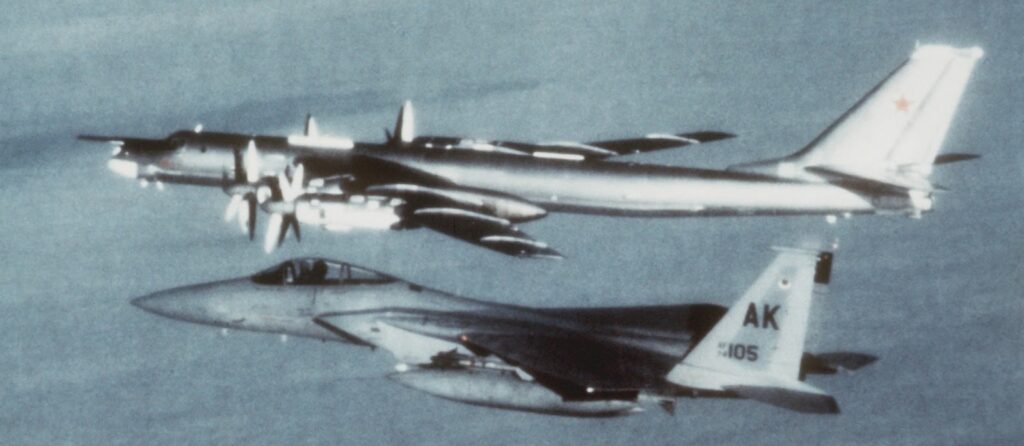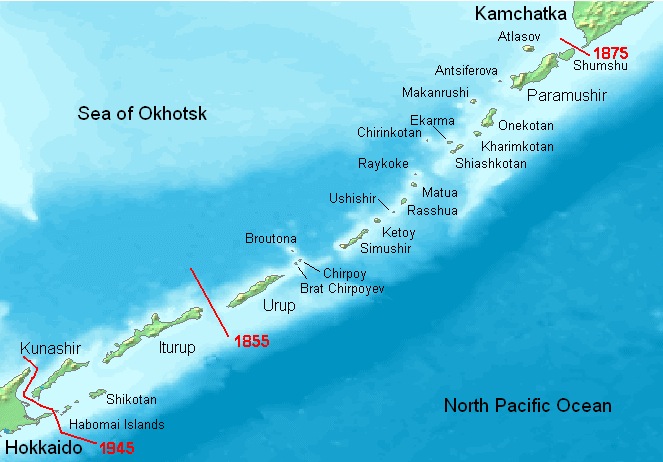PACAF Gen. Carlisle Warns China On New Air Defense Zones; Russians Pushing in Pacific Too
Posted on
WASHINGTON: Pacific Air Forces commander Gen. Hawk Carlisle, who has come to serve as a key Pentagon spokesman on Chinese issues, told several hundred insiders that China may be considering creation of two new Air Defense Identification Zones (ADIZ) and warned the rising power against any such move.
“You also have potential for either a Yellow China Sea ADIZ or a South China Sea ADIZ, which we believe they’ve been thinking about,” Carlisle said during a presentation at the Center for Strategic and International Studies here. He said the US has warned China against this, urging that the PRC consult with neighbors before making any such move. The US has told its allies about these possible moves and made clear we would not welcome them. Among the reasons for the US unease with any such move: the policies governing the current East China Sea ADIZ, which has been roundly condemned by most of the word, “do not follow international law or international rules,” Carlisle said.
The Air Force general did not offer a great deal of positive news about the Pacific. The tensions on the Korean peninsula between North and South are as “tight as they’ve ever been” and are growing increasingly difficult to manage, he said.
From the top end of the Pacific, a resurgent Russia appears to be pushing limits it hasn’t for some time — “What is going on in Ukraine and Russia is a challenge for us” — and Carlisle told the audience this all is apiece with what Russia has been doing in Ukraine.
A Russian Bear bomber was recently intercepted at Guam by an F-15 and Russian aircraft are aggressively probing throughout the Pacific, going all the way to the California coast, Carlisle said at CSIS. The Russians, who have butted heads with Japan over the Kuril Islands since the end of World War II, recently have deployed larger numbers of aircraft and ships near Japanese waters.
During the Q and A session today, Carlisle offered a subtle answer to a tough question: is China an expansionist power?
“They have continued to expand their aiblity to operate further and further out,” he said of Chinese air and sea forces, adding that he was “dazzled” by the changes between his first visit to China four years ago and his recent vista there with Air Force Chief of Staff Gen. Mark Welsh.
“I think the territorial disputes [Japan, the Senkaku Islands and assorted disputes with Vietnam, the Philippines, other neighbors] and the way they are being handled continues to be a concern,” Welsh said. On the other hand, the Chinese will take part soon in RimPac, the largest naval exercise in the world. “They are engaging,” Carlisle said. At the same time, things China has done with Malaysia and the Philippines “are the wrong way to go.” And there you have it: the dilemma of a mature global power managing the rambunctious rise of a fast-rising power feeling its oats.
Subscribe to our newsletter
Promotions, new products and sales. Directly to your inbox.


